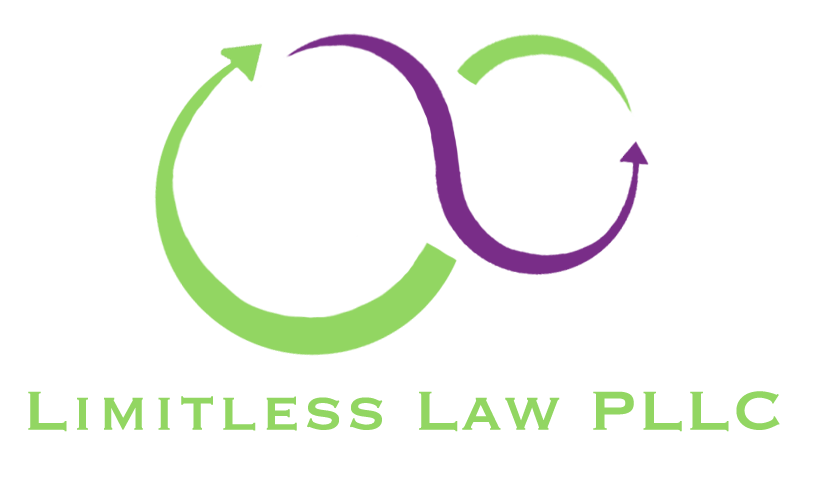How Can I Prepare to Talk to a Lawyer About My Debts?
When it comes time for you schedule an in office visit with an attorney to discuss ways to manage your debt, it pays to be prepared. When preparing to meet with a new client for the first time, we try to provide potential new clients with a list of what information and documentation we will need from them before we meet with them to discuss all of their options in detail. When you are considering filing for bankruptcy or attempting to settle or otherwise take care of your debts, there are a sizable amount of financial documents that may need to be gathered in order to prepare for your next steps.
When you start thinking about bankruptcy as an option it is important to start thinking about what records to keep. Filing for bankruptcy involves proving to the court that you have a certain level of income. In preparing for any bankruptcy it is important to obtain and keep several months’ worth on income proof, specifically your latest two years of tax returns, three months of bank statements for all your open bank accounts, and six months of pay stubs or other proof of employment income. It is also important to note that if you are married, even if your spouse does not file you will still need information on any shared bank accounts and your spouse’s pay stubs as well as they are used to calculate a household income. Because these documents may take some time to gather you may consider getting them together before making an appointment with your bankruptcy attorney.
Your attorney may also need the following information from you about your income and expenses but the information should be readily available to you.
- Have you ever filed for Bankruptcy before? If so, When?
- What is the Kelly Blue Book value of all your current vehicles?
- Have you ever had a vehicle repossessed? If so when?
- Where do you live and do you own or rent?
- Any documentation you have received regarding Lawsuits, Garnishments, unpaid traffic tickets, and collections.
- Recent statements for all open credit cards and loans including car loans and mortgages. If you have student loans prepare an estimate of the value you owe.
- Any unpaid Medical Bills. Often you can look these up online through a portal that your doctor’s office provides.
- Basic Information on your household monthly expenses including insurance payments, food expenses, utilities, and information on how many people live in your household.
- Information on if you have or will file for taxes this year and if you expect to receive a tax refund.
- Is your name on anyone else’s property or bank accounts?
- Do you owe any child support or alimony?
- Do you have any other major assets such as a foreign bank account, foreign property, timeshare, recreational vehicle, or business interest?
- Do you owe anything for traffic tickets, back taxes, DUI fines, or personal injury claims?
- Do you have any personal injury or workers comp claims currently pending?
If you are seeking legal assistance with debt settlement, adoption, estate planning, probate, real estate transactions, prenuptial agreements or business law, please don't hesitate to reach out to the experienced team at Limitless Law PLLC. We're here to help.
Call 360-685-0145 or click here to learn more.






